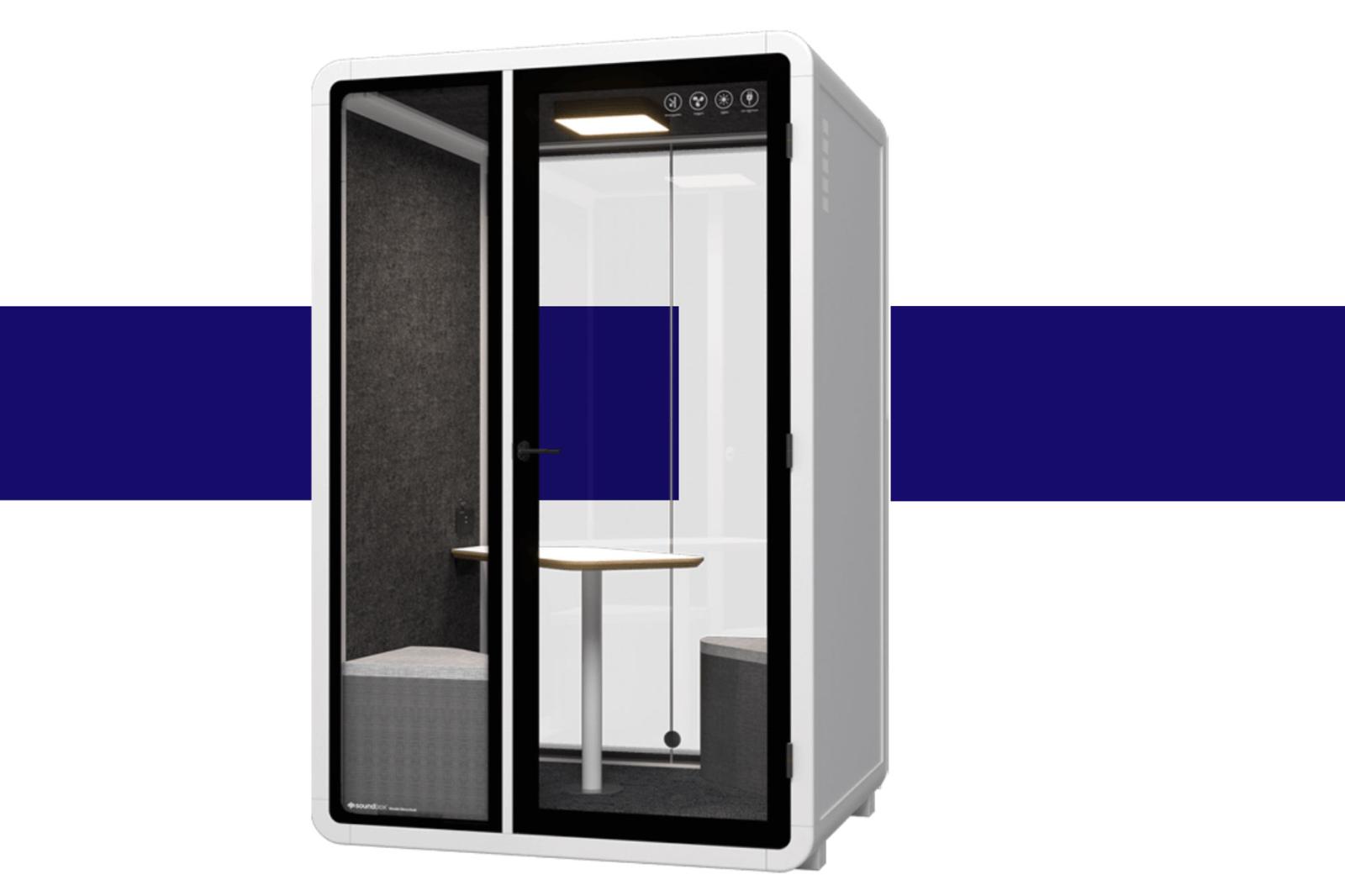Notifications

5 minutes, 26 seconds
-21 Views 0 Comments 0 Likes 0 Reviews

Qatar is one of the world’s top 20 richest nations. Needless to say, the country’s economy is characterized by a growing urban environment, where privacy and peaceful living are becoming the two important goals for the community. While residents have embraced various means and methods to achieve these goals, soundproofing in Qatar is possibly one area that has witnessed growing demands recently. This applies to commercial and industrial spaces, along with residences and apartments.
With increased demand for better acoustic solutions, the market is flooded with soundproofing materials. Consequently, choosing the right material or solution has become tough for end customers. If you are in the same boat and want to know what factors to consider when selecting effective acoustic solutions tailored to Qatar’s unique building styles and climate, keep reading.
Before you start choosing a soundproofing product, you need to understand what is the kind of noise you are dealing with. Is it airborne noises or impact noises, structural vibrations, etc? Airborne noises include sounds from the TV, music, voices from outside, etc. Impact noises include the movement of furniture, footsteps, etc. Structural vibrations include sounds from the HVAC systems and more. Understanding the source of noise is important as it helps in choosing the right material for dealing with the noise type.
Next, you need to understand the different types of soundproofing materials available in the market. There are four main categories of soundproofing materials:
Acoustic Panels: These panels help reduce echo sounds. These are best for schools, offices, home theatres, etc., as the panel improves room acoustics.
Mass Loaded Vinyl (MLV): The Other type of soundproofing in Qatar is MLV. These are high-density sound barriers, added to walls in sea links to block external noise. It works well in Qatar’s concrete-heavy structures.
Insulation Materials: Materials like mineral wool or fiberglass can be used to work as acoustic insulation. These are mostly used within wall cavities. The materials block sound waves and dissipate the energy.
Soundproof Underlayments: Another common type of solution for soundproofing in Qatar is the use of rubber-based or foam underlayments. These are used beneath the flooring, helping reduce impact noise, especially in apartments and multilevel buildings.
Consider the Climate
Climatic conditions play a crucial role in choosing the right soundproofing material. Since the climate in Qatar is hot and humid, it is important to choose materials that are resistant to heat, moisture, and mould. For example, mineral wool performs better in hot and humid conditions, while certain types of acoustic foam may deteriorate faster in high temperatures.
When choosing soundproofing in Qatar, make sure that you choose a solution that looks good and stylish, blending seamlessly into modern interiors. Morning soundproofing solutions do not look industrial and are available in different colours, shapes, and fabrics.
Another important aspect of soundproofing in Qatar is related to safety regulations. Make sure that the material and the solution comply with the local health standards and fire codes. This is especially true for high-rise buildings, public places, hospitals, hotels, restaurants, and more. While certified products may cost more, they are essential for the long-term safety of occupants.
Working professionals, well-versed with the local architecture and construction standards, can recommend the right materials befitting your specific needs. With their nuanced knowledge and expertise, they can offer the most cost-effective solutions to your soundproofing requirements.
Want to focus at work, or seek peace at home? Choose the right soundproofing in Qatar and transform your interior into spaces of comfortable working and living. Investing in the right solution today ensures lasting value for years to come.

